“Website performance” is a term to describe how usable websites are. Studies show that a website’s performance is sometimes more important when it comes to completed purchases than what you are actually selling.
The speed of a website, otherwise known as webpage loading speed, is one of the most important factors that people consider (perhaps unconsciously) when making decisions about your company. Imagine you are a potential customer visiting your website and thinking about purchasing a product that has an image on the page. If the image takes too long to load, you will probably become frustrated and the impulse to buy that product may disappear. In fact, a survey by Digital.com found 52% of potential digital shoppers will close a website’s browser if they have to wait more than six seconds for a page to load.
Table of Contents
Why You Want to Speed Up Your Website
Imagine you are a customer watching a video on your site about one of your products and services. If the video buffers, the person may think, “If they can’t get their videos to load properly, should I trust them with my money?” We’re not exaggerating. First impressions, like load times, matter. Diona Kidd, managing partner at Knowmad Digital Marketing, told Business “Not only are users expecting to see results quickly and become disappointed when they don’t, but page speed also immediately affects their professional opinion of you.” That’s why it’s important to reduce website loading time, especially when you are competing with retail giants like Amazon.
Another reason that you want a faster website is that page loading speed is one of the factors that affect where your website ranks in search engine results pages (SERPs). If you can improve your website speed, you may rank higher. Google has openly said page loading times affect SERP. John Mueller, a Google executive, said, “Speed is definitely a ranking factor.” There are many other factors too, which we discuss in another post.
How to Check Website Performance
There are a number of tools you can use to check website performance online. Some tools to check website performance analyze keywords. Others examine your backlinks and internal links. In this article, we’ll be focusing on software that analyzes site speed performance.
Google PageSpeed Insights
This Google speed tool tells you how fast an entire site loads on desktops and mobile devices. Note that the load times for websites viewed on a desktop will be different from the time it takes for mobile phones to load sites. If it takes more than two seconds to load your website, you’ll want to make your page load faster.
In addition, you’ll need to understand a few terms, like:
- Largest Contentful Paint (LCF): This is a measurement of how long it takes for the biggest element on a page, like the main image or video, or a long chunk of text, to load.
- First Input Delay: This tells you how long a website visitor has to wait to do things like click on a navigation menu item or click on the main image.
- Cumulative Layout Shift: As a browser interprets a webpage, sometimes images, videos, text, and fonts appear at different times. You don’t want this to happen. You want the whole page to appear at once. If things are appearing at differing times, it usually has something to do with bad JavaScript. This problem causes websites to load slower, which ultimately gets them knocked down in SERP.
All you need to do is take a close look at Google’s recommendations for how to increase website loading speed. Scroll down and look at the “Opportunities” section for suggestions for improving your website’s performance. You’ll see suggestions on how to make your website faster and how enacting those changes will affect your page speed loading time. Some of the terms, like “Defer offscreen images” or “Reduce unused JavaScript,” may be confusing to you. That’s why many people hire third-party site speed experts, like SEO Design Chicago, to speed up website loading.

GT Metrix
If the speed test results from Google’s tool are too confusing, GT Metrix displays results in an easier-to-understand way. They give your website a grade, like a school grade, to tell you how fast your website loads. They also tell you the impact of what is causing speed issues on your site, but they use the terms “Low,” “Medium,” and “High.” One of the big benefits of GT Metrix is that if you’re willing to pay a fee, which starts at $10 per month, you’ll get alerts whenever your website is having page loading problems.
WebPageTest
WebPageTest is a free website performance test tool that lets you check everything about your site, including page load speeds. They will also tell you how long it takes for web pages to load in countries around the world. Unlike the two web page speed testing tools above, it takes a few minutes for you to get the results. They also phrase the results in a nice way, using terms like “not bad” or “needs improvement.”
How to Speed Up Your Site
We recommend using all three of these site speed tools on your website. If the suggested improvements include common themes, you want to fix those. Alternatively, you can trust web developers like us at SEO Design Chicago to address the slow loading pages on your site.
Here are some common solutions you may want to implement:

Compress Your Images
Every picture on your site has a size and a weight. The size is usually measured in pixels, and it measures the height and width of an image. Image weight is measured in megabytes. One megabyte (MB) is 1,024,000 bytes. The higher the quality of your photo, or resolution, the more megabytes it has. For print publications, the resolution must be high to look good. But online, pictures can be low resolution. So, you’ll want to compress your images, especially large ones. They’ll look just as good and make your speed loading times faster. There are all kinds of free tools online to do this. Or, you can let us compress all of your images on your existing site, or compress them before they ever get onto your website.
Control Browser Caching
Every time someone comes to your website in a browser (like Chrome, the most used browser), it’s actually the browser that displays all of the text, images, and content. You can increase page load times by saving some of the files on your website on the user’s browser. This way, when the user comes back to your website within a certain amount of time (many developers choose ten days) or clicks on another page in your site, the browser does not have to download the same files again. At SEO Design Chicago, we do this for our clients. You can also find and install cache plugins on your WordPress sites.
Fix JavaScript
Before a web page is fully loaded, the browser must interpret JavaScript, a web-based language that creates dynamic, interactive websites. 97% of all websites have some Javascript. The more JavaScript you have, the slower your website loads. So to speed up your website, you can try to delete some JavaScript. You can’t delete all of it, but you can delete some of it. The tools above will show you how much your website is powered by JavaScript. They’ll also let you turn off your JavaScript so you can see how your website looks without it. You should keep the JavaScript where it’s needed but get rid of the rest.
Take Advantage of WordPress Plugins
WordPress powers around 43% of all websites. Here, we’ll share some plugins WordPress offers to increase your website speed:
- WP Super Cache: As the app name suggests, this handles cache date issues.
- WP Smush: This plugin will compress images.
- Autoptimize: This plugin will clean up, delete or modify JavaScript that’s slowing your site

Speed Up Your Website With SEO Design Chicago’s Help
Remember that page speed isn’t a trivial issue. Websites that load quickly increase your sales. In fact, a 2019 survey by Unbounce found that 70% of online shoppers said page speed affects their decision to buy from an online retailer. Half said they’d prefer websites that didn’t have videos or animations if it made pages slower to load.
At SEO Design Chicago, we know a ton of ways to increase your website page load times. Reach out to us to get more information on how we can fix your website so it loads faster, maintain your site, or offer you more in-depth training on maximizing website performance.



Contact Us Today!